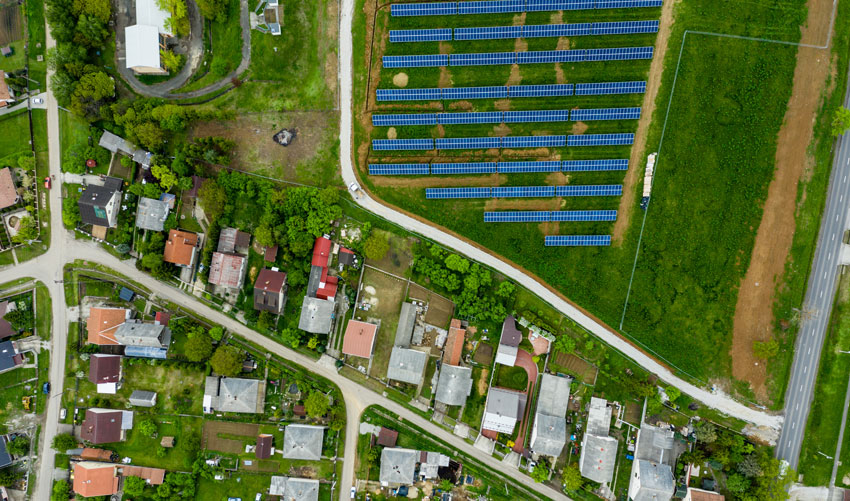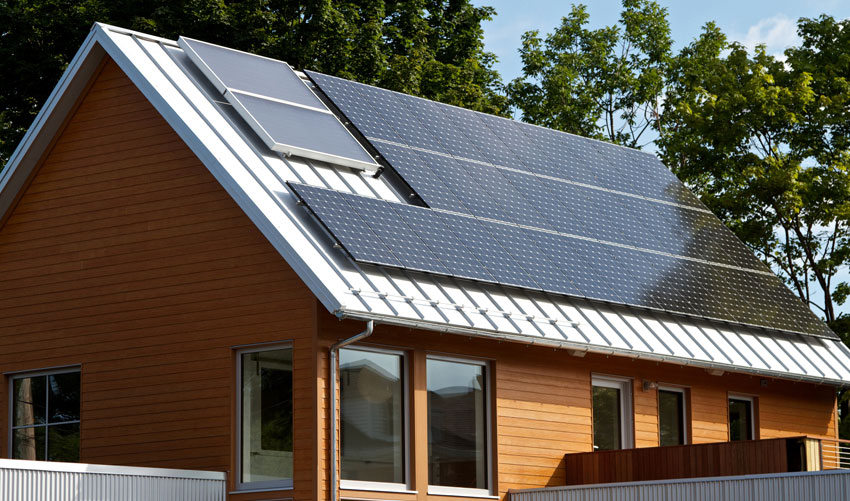Electricity. Even if we don’t realize it, the modern world relies heavily on this source of energy. From the moment most people wake up in the morning until the second before they close their eyes (and even while many of us sleep) electricity is making our world possible.
However, there is no debate on whether people should continue to take advantage of the wonderful gifts that electricity provides. Rather, it is up for debate whether electricity should continue to be supplied by fossil fuels or if everyone should make the switch to solar energy.
While right now, only the individual can make this choice, it is an important decision to consider. Should you stay with what you know for as long as you can or should you try to become an early adapter and possibly help the planet sustain its natural resources for a little longer? Here are the pros and cons of using solar energy versus fossil fuel to light our way into the future:
Solar energy is not a new concept. Not even solar panels are as new as the mainstream population makes it seem. Believe it or not, solar panels were first used in the 1950s, in space. The first modernized solar technology was used to power solar satellites.
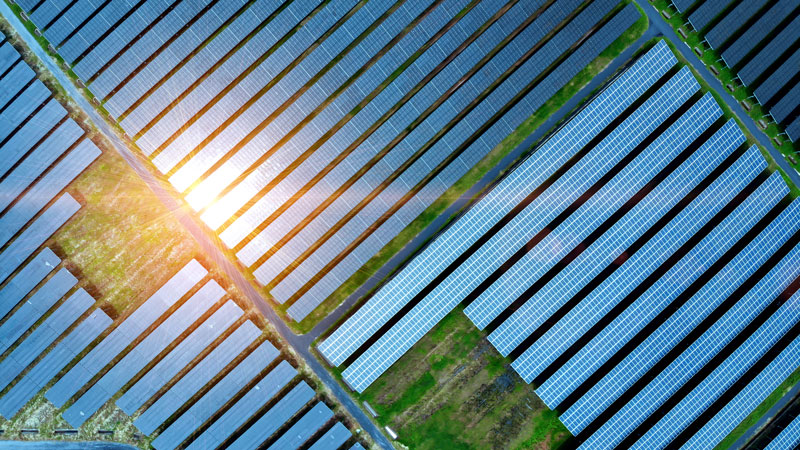
Although, seventy years later, most people are arguing over solar energy and its place in our society. Here are the pros and cons of using solar energy:
Pros of Solar Energy
In terms of helping the planet and maintaining a sustainable energy source, solar energy is the way of the future; there’s no doubt about it. Specifically, though, here are the pros of solar energy:
Renewable Energy: Solar energy comes from the sun, which (as far as we know) will continue to rise and set until the end of time. Therefore it is one of the most sustainable forms of renewable energy available. According to Business Insider, in an hour the sun can potentially provide the world with more energy then is consumed in a year. So, why aren’t we all powered up for the next millennium by now? Unfortunately, human technology does not have the ability to utilize solar power to the full extent of its ability. In fact, even the most efficient solar panels are only running at 22.6% efficiency. So, while the potential is there, our technology still has a ways to go before we can obtain (and store) that kind of massive energy.
Decreases Greenhouse Gases: Greenhouse Gasses are the emissions, mostly from fossil fuels that get trapped inside our atmosphere and are contributing to Global Warming. Using solar energy greatly decreases greenhouse gasses emissions.
Versatility: With solar energy, you can power pretty much anything you want. It is possible to switch your household or business to solar completely. However, you can also power certain aspects of your home, such as appliances and heated pools. There really isn’t any limit or minimum to what can be powered through solar.
Cons of Solar Energy
While solar power is great for the environment, it isn’t completely conducive to the current universal climate of our power resource infrastructure. Here are the cons of solar power as it currently stands today:
Variability: Right now, there is no guarantee of what efficiency is reliably going to be there every day, in every part of the world or even the country. There are some places that are really hot, where the sun is blazing most of the year and there are some places that do not even see the sun for months. Therefore, the solar community cannot ensure that the amount of solar energy produced per day is always going to be sufficient.
Inability to Store Power: Currently, there is no way to store power at the magnitude that would be required to regulate power worldwide or even country-wide. Sure, it is possible to charge a battery but it is not (yet) possible to store massive amounts of power for long periods of time. When it comes to solar power especially, it is used as soon as it is collected and anything that remains is uselessly dispelled.
Fossil Fuel
For over 100 years fossil fuel has been our gateway to power; literally and figuratively. The world has lit up because we use coal, natural gas, and other energy sources that are not renewable. Unfortunately, it has only been a century but the world has already concluded that there is no way to continue by using exclusively fossil fuels. Besides the inability to sustain fossil fuels there is also the growing threat of pollution and greenhouse gases.
Here are the pros and cons of what has become the lifeblood of our electricity thus far:
Pros of Fossil Fuel
Despite most of the current media surrounding fossil fuels being negative, there are some pros to fossil fuel:
Portions are Sufficient: Essentially, we know when we use x amount of fossil fuel, we receive x amount of power. The entire world has run on fossil fuel, regardless of the weather, the time of year, or the geographic location.
Infrastructure: The world currently runs primarily on Direct Current (DC) power. The default grid connection is thus, DC power. So, there is no inverter or anything special to do when it comes to hooking up new fossil-fueled power.
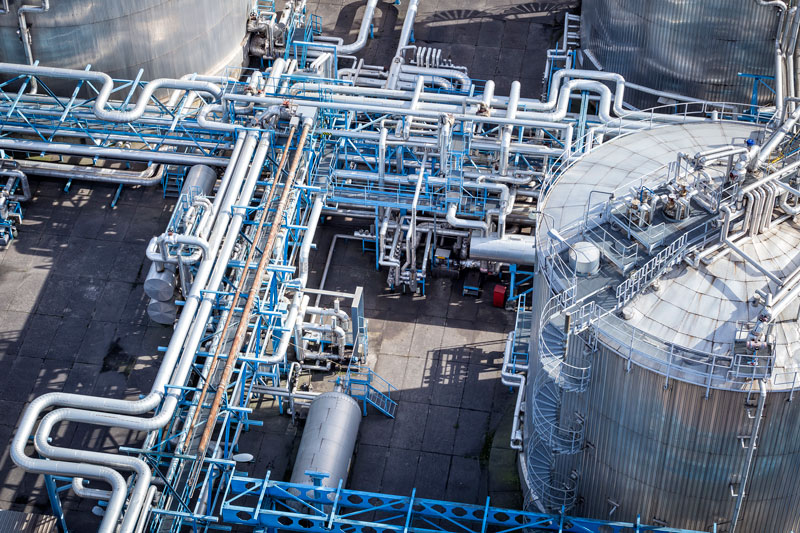
Cons of Fossil Fuel
Of course, the more research that is done on fossil fuels, the more we realize that over time, they are harming our planet. Here are the cons of fossil fuels:
Global Warming Contributor: Fossil fuels are not the only culprit but they are one of the main contributors to the advancement of global warming. Global warming is due to greenhouse gases permeating the atmosphere and making it warmer. This throws off the balance of our ecosystem, which could eventually cause major destruction.
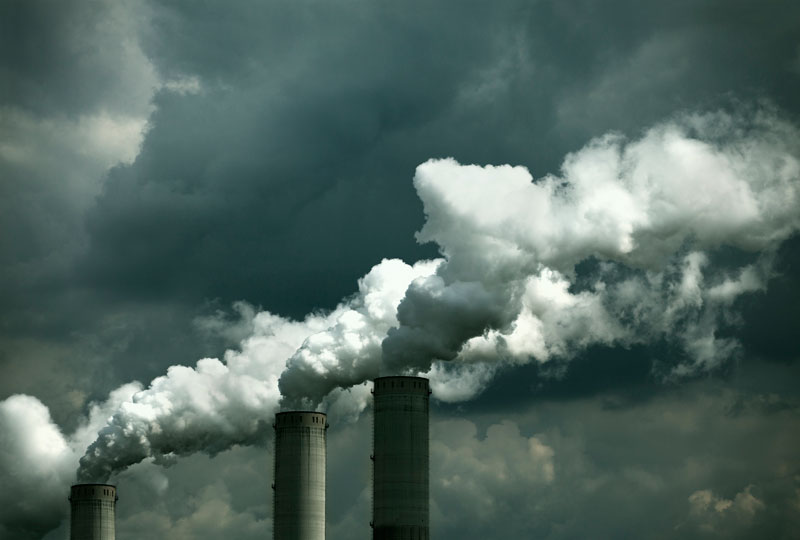
Safety Concerns: Fossil fuel production has killed 36 workers between 2015 and 2018. Unfortunately, those numbers are rising annually. Additionally, there is an increased number of oil spills and environmental disasters that are due to fossil fuels. While fossil fuel is not the most hazardous occupation, it does pose an immediate danger to employees and the environment, where solar does not.
To close, even though the world cannot yet accurately switch from fossil fuel to solar energy exclusively, you can. While the technology has not yet caught up enough for widespread use, individual and even communal areas have achieved 100% solar power. You can have it for both your home and business. However, whether you decide to do that or stick with fossil fuel is completely up to you.

